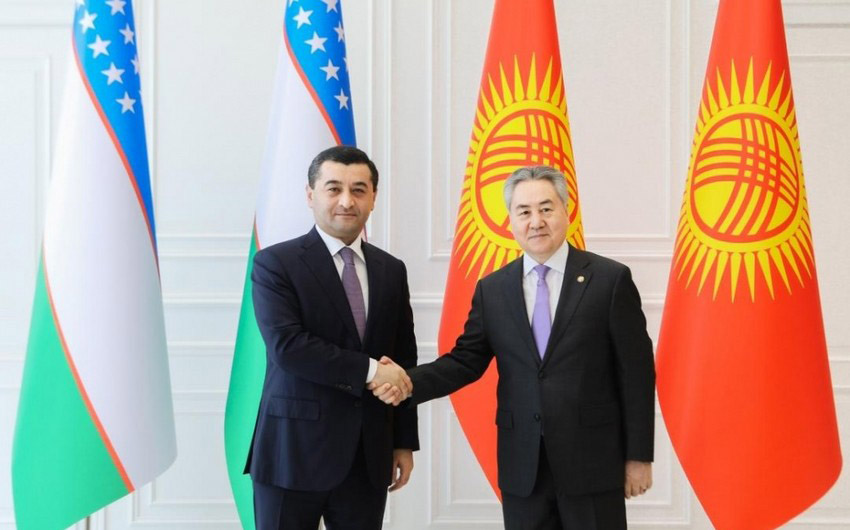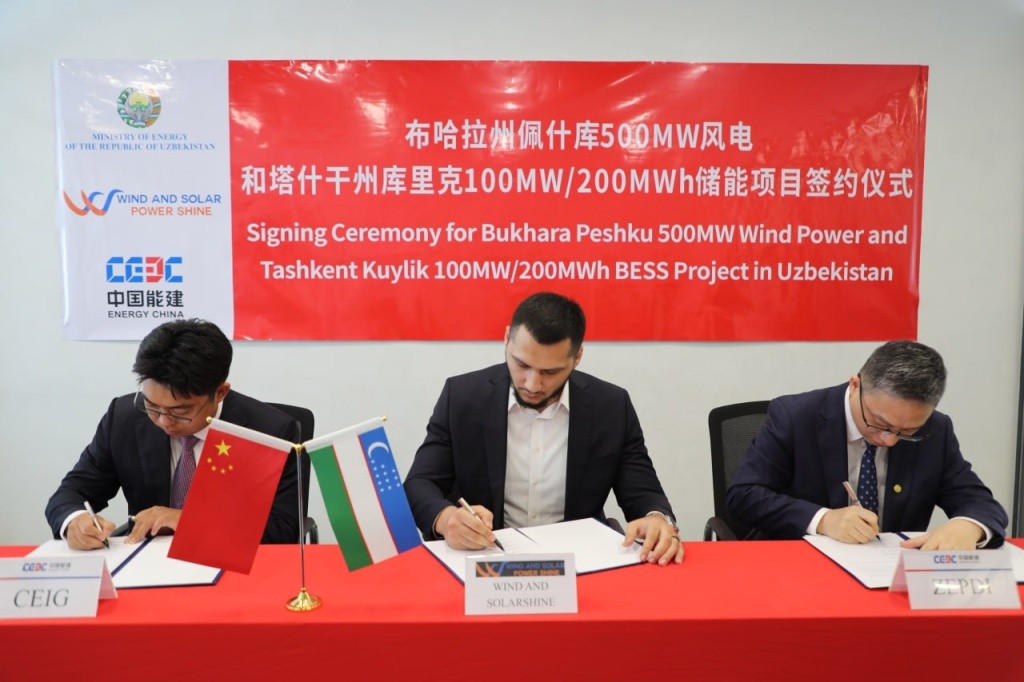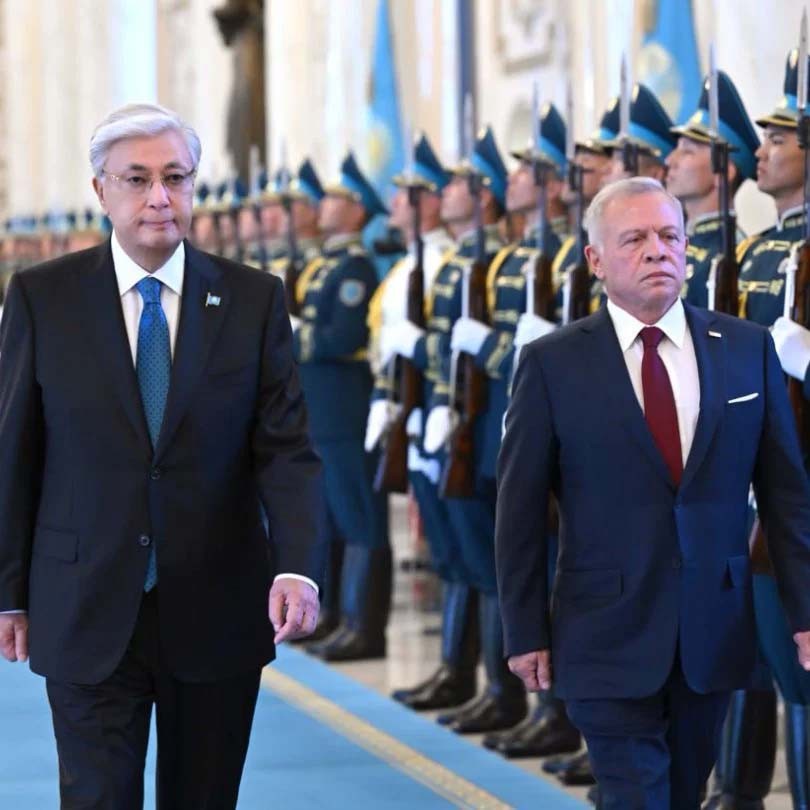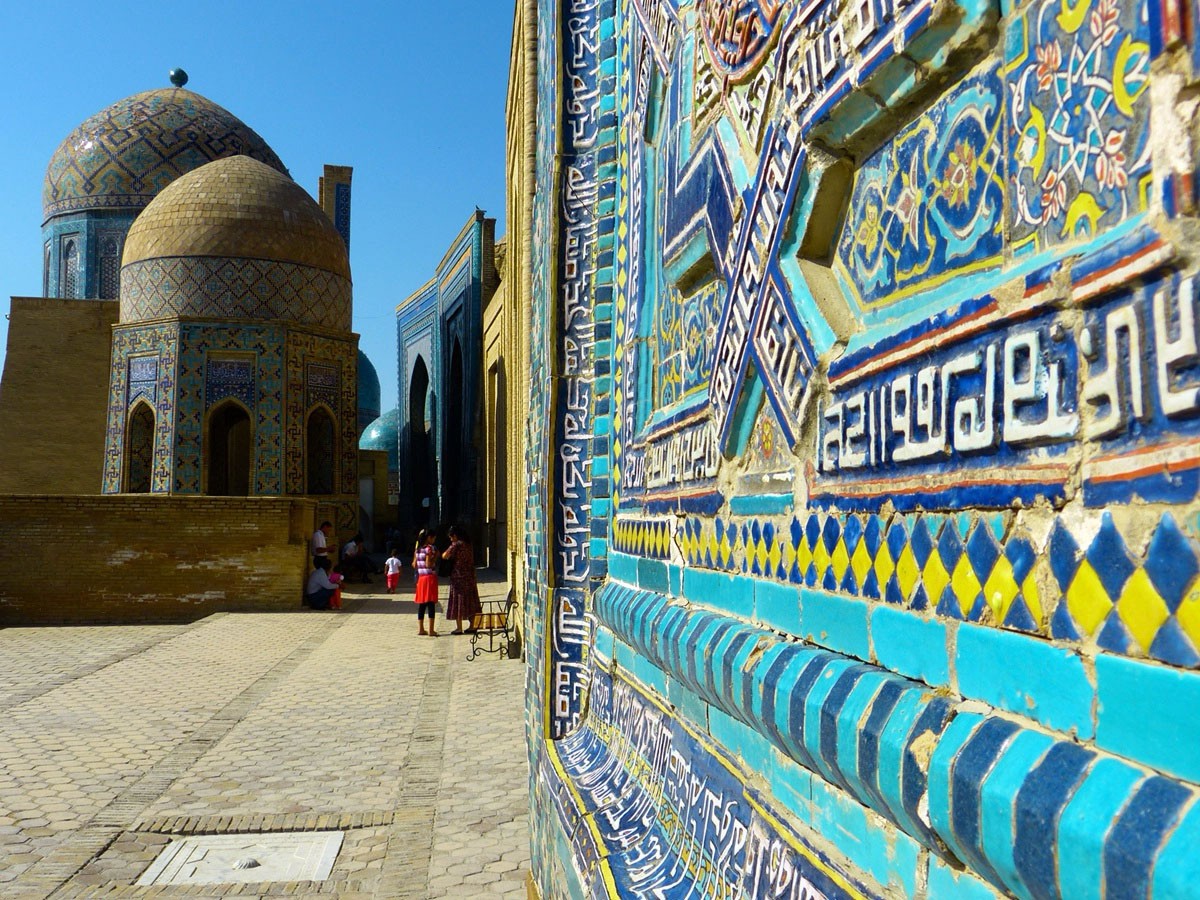On March 4, at the National Press Center of Tashkent, key initiatives of JSCB Uzpromstroybank were presented as part of the implementation of the State Program for the implementation of the Strategy "Uzbekistan – 2030" in the "Year of Environmental Protection and Green Economy".
Green economy development-a contribution to the future
All over the world, environmental issues, rational use of resources and transition to sustainable development are becoming a priority not only for States, but also for financial organizations. Uzpromstroybank supports this process by investing in green projects.
Over the past three years, the bank has allocated "green" loans in the amount of $ 567 million, which has created more than 6,700 new jobs. Thanks to these investments, 47 thousand megawatt-hours of alternative energy were produced, 239 thousand megawatt-hours of electricity and 23 thousand cubic meters of water were saved.
"Global environmental challenges require joint efforts of all countries," said Bobur Sultonmurodov, Director of the Green Banking Department at Uzpromstroybank.
International partnerships and implementation of ESG standards
JSCB " Uzpromstroybank "in partnership with the European Bank for Reconstruction and Development (EBRD) has attracted" green " credit resources in the amount of $ 25 million.
We are also working with the International Finance Corporation to implement ESG (Environmental, Social, Governance – environmental, social and corporate governance) standards. The Bank has tested the National Green Taxonomy with the assistance of PricewaterhouseCoopers.
For its success in the field of sustainable development, the international rating agency "Sustainable Fitch" assigned the bank an ESG rating of "3" with a total score of 59. The bank's activities in the field of green trade finance have repeatedly received high praise from the EBRD.
Social initiatives and environmental culture
In addition to financing environmental projects, the bank is actively involved in initiatives aimed at creating an environmental culture. Thus, as part of the actions "Yashil Makon", "For a world without waste!", "Day without a car", the bank draws public attention to the importance of environmental protection.
In order to improve the energy efficiency of its own infrastructure, the bank conducts an EDGE audit. Specialists of the HPBS Center for Research and Environmental Engineering analyze the energy efficiency of the bank's buildings and propose measures to improve environmental sustainability. At the press conference, EDGE certificates were awarded to five branches of the bank that successfully passed the audit.
"The introduction of green standards not only helps attract international investment, but also increases the bank's competitiveness in the global financial community," said Anna Zavaleeva, HPBS Director for Central Asia.












